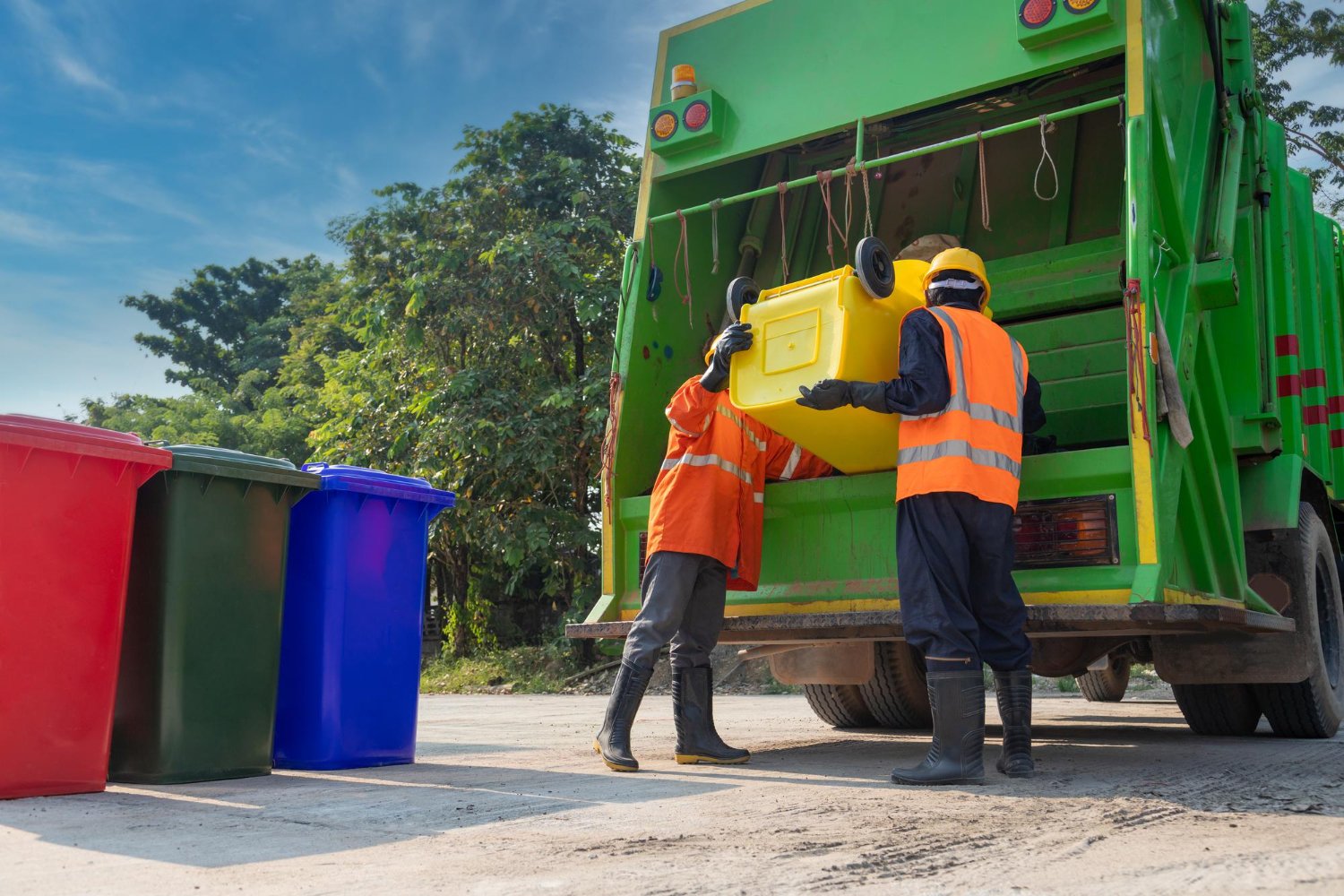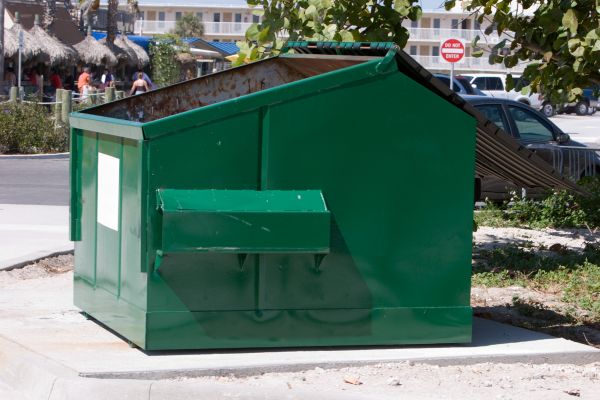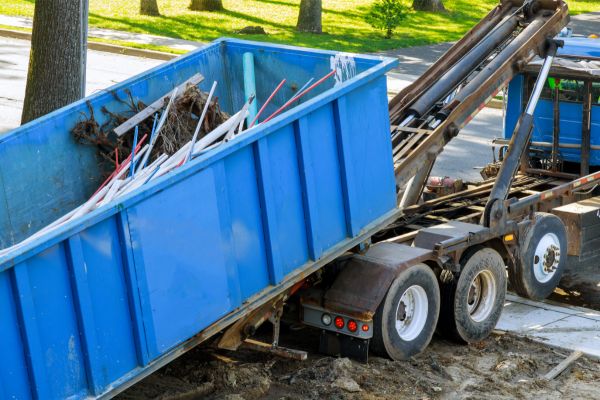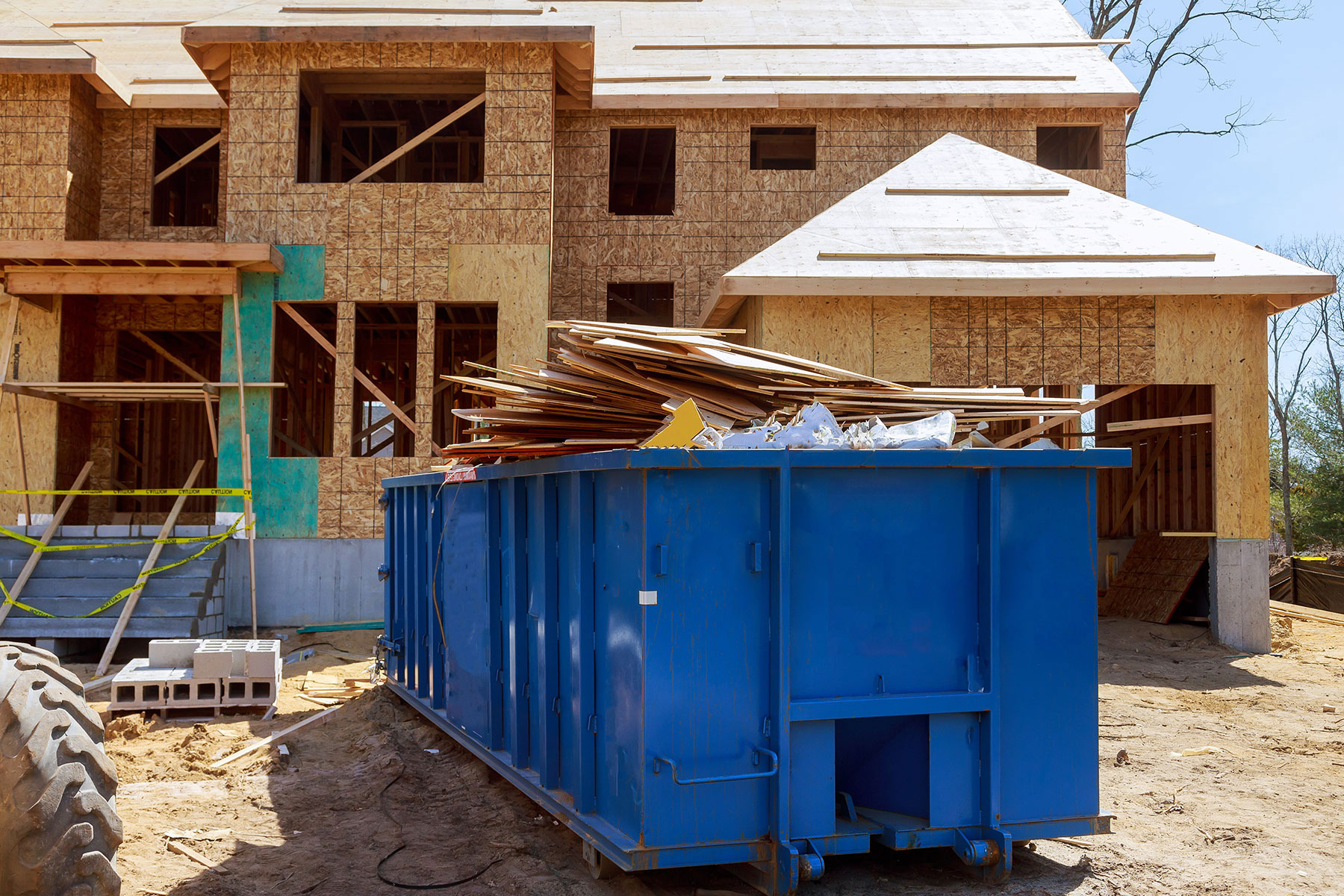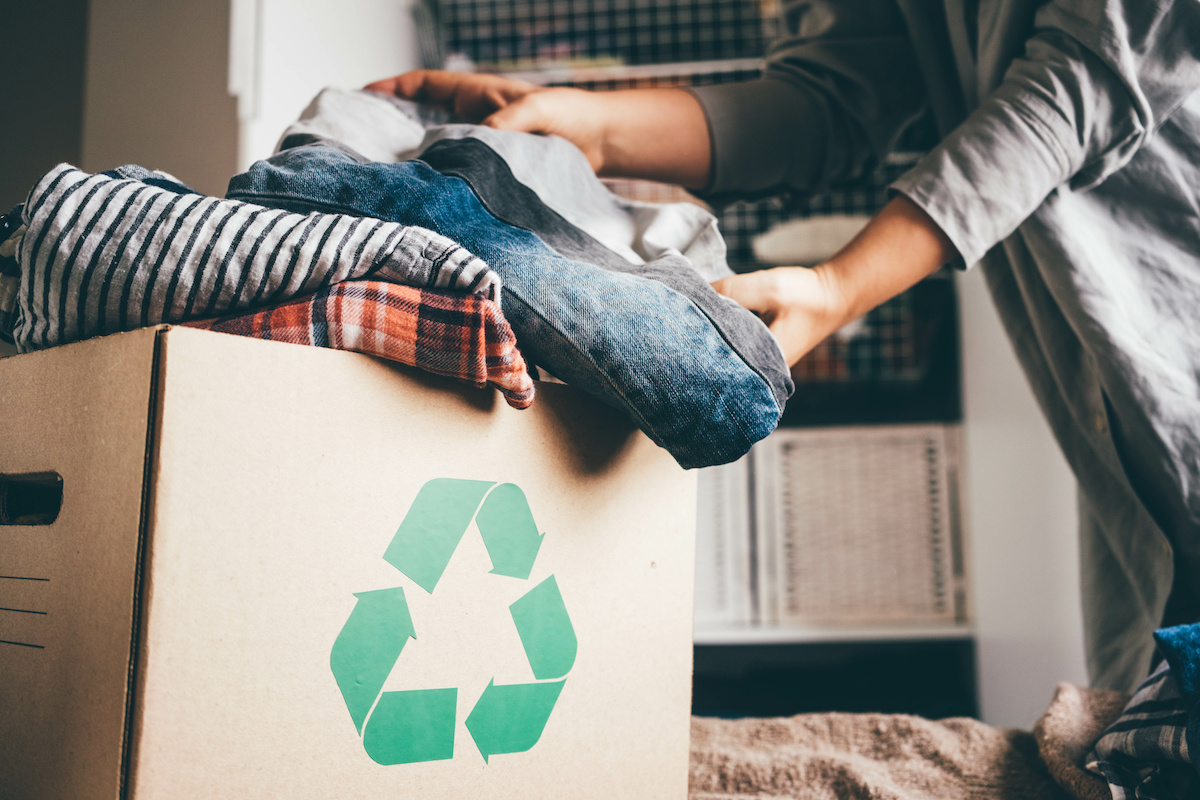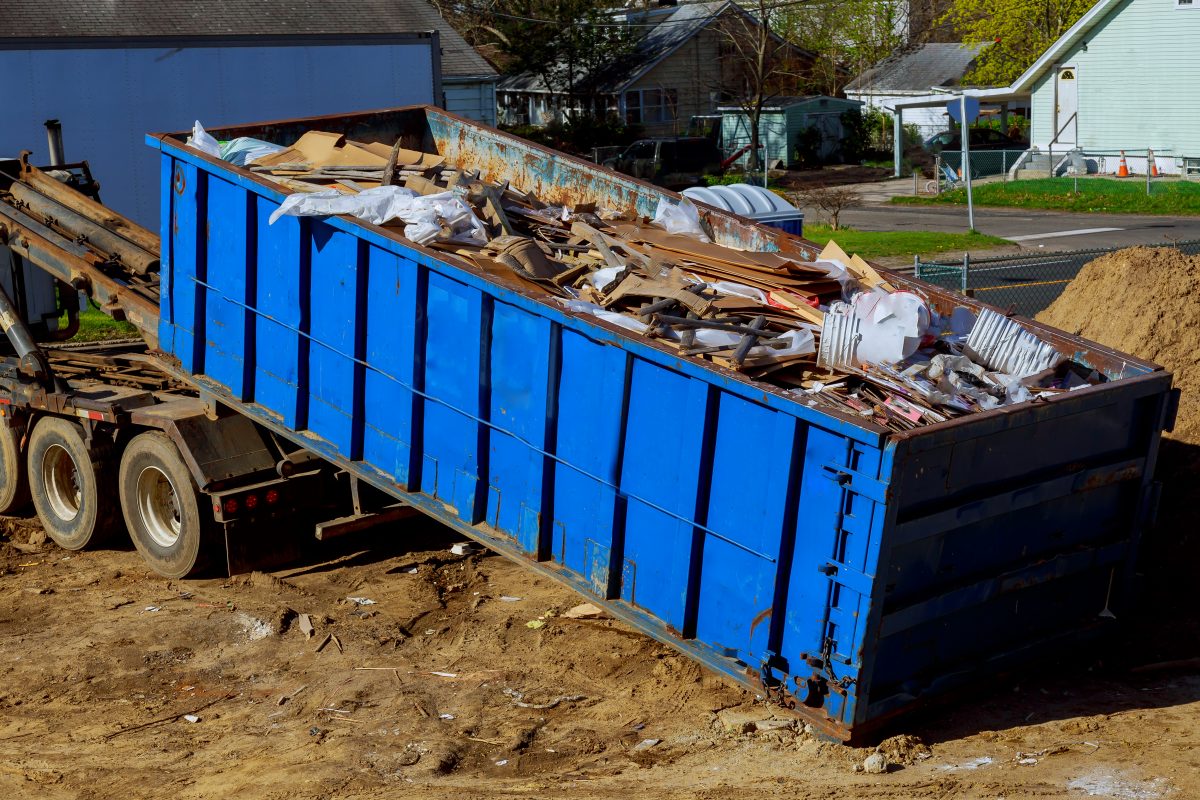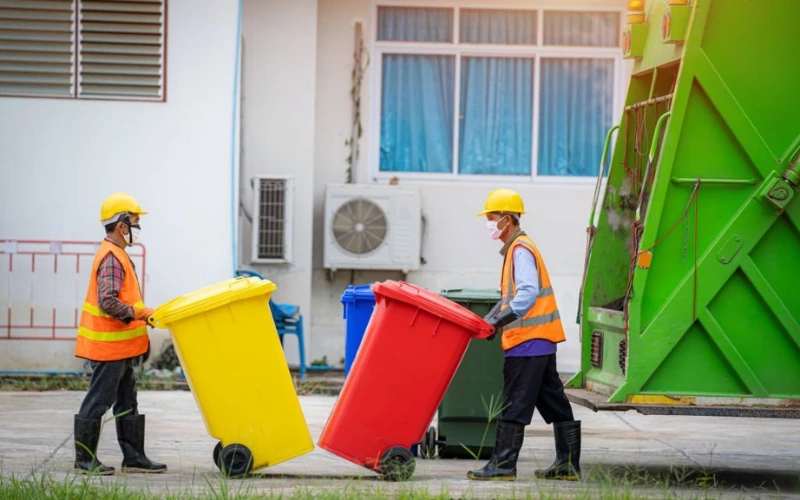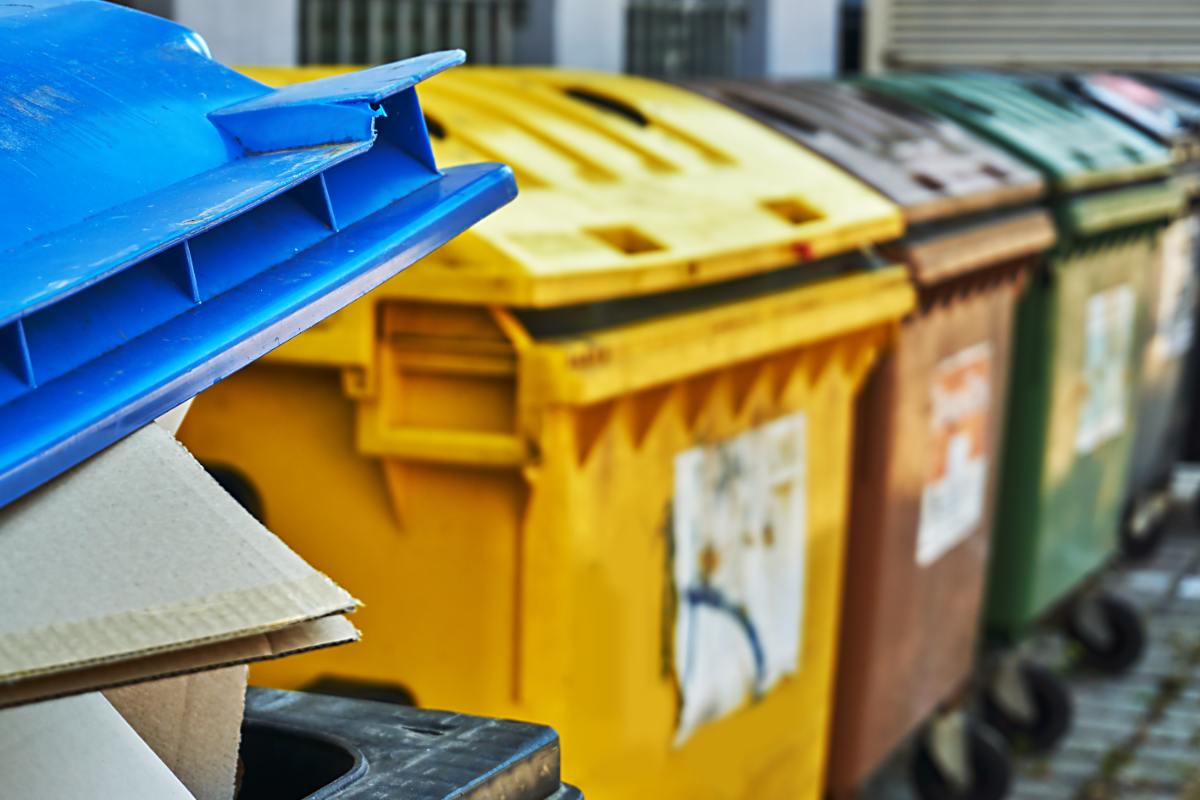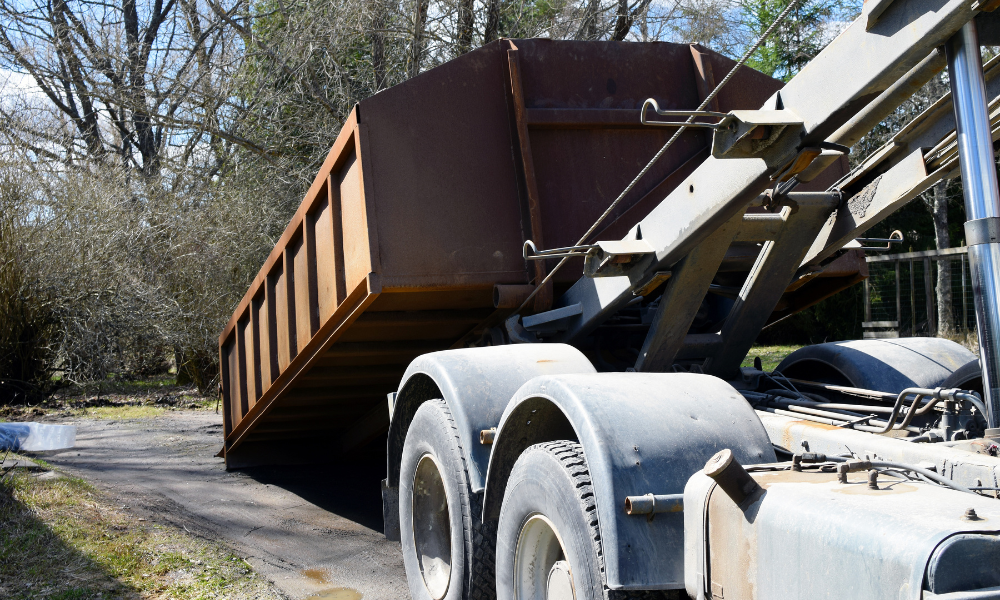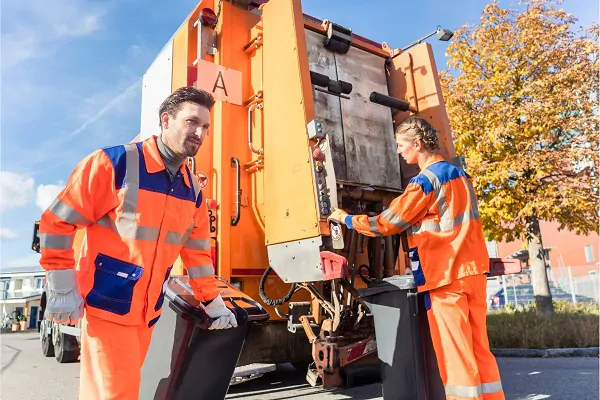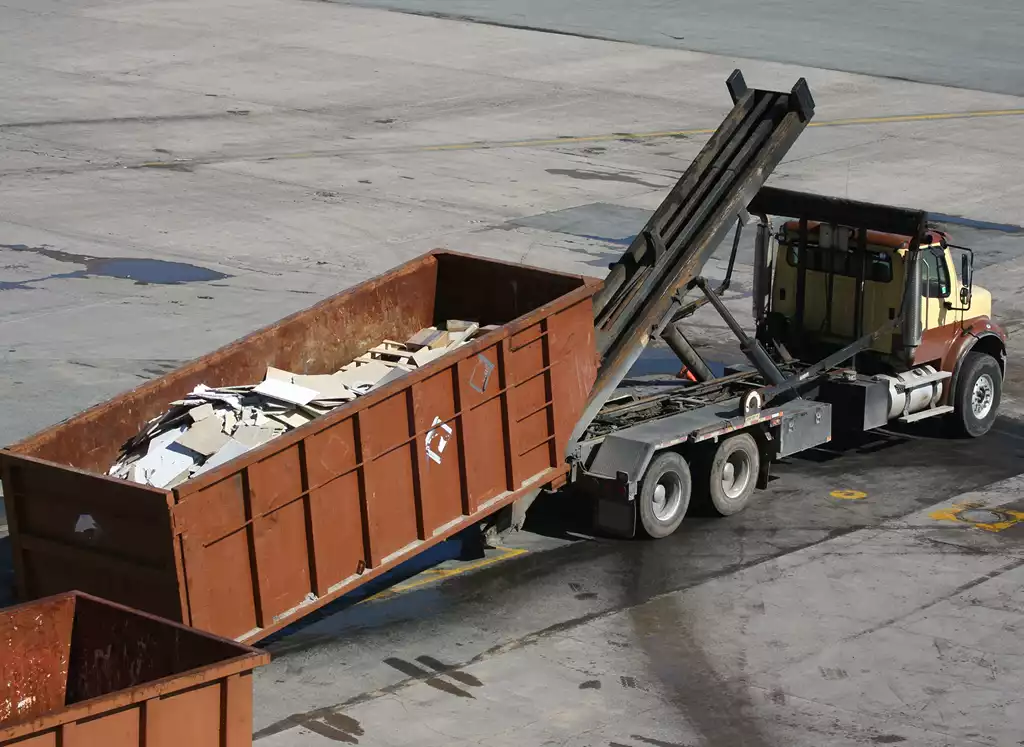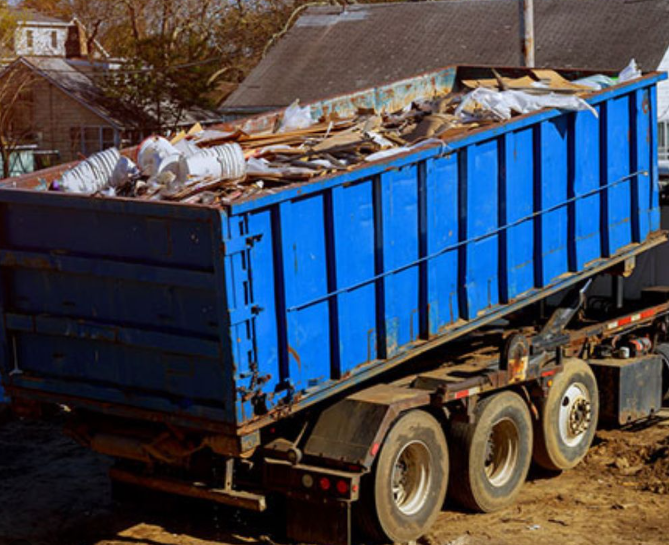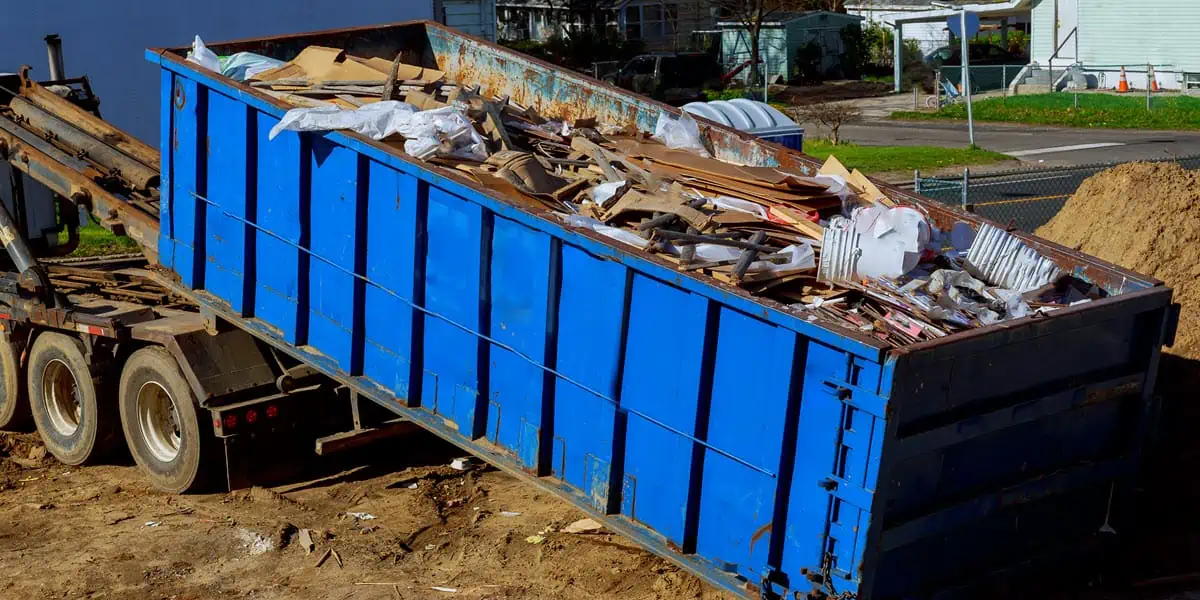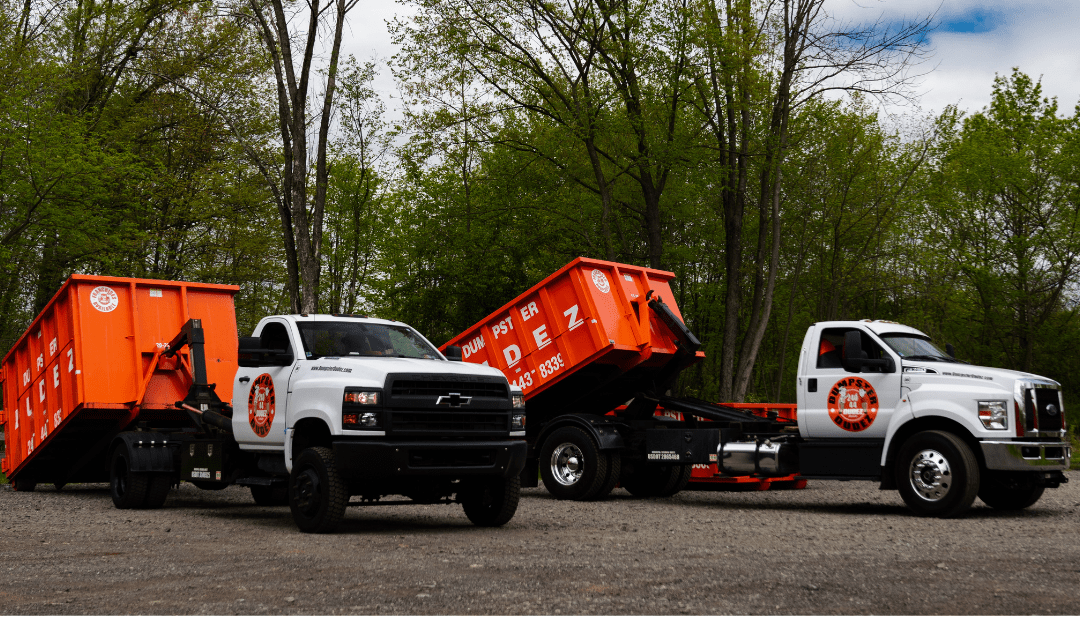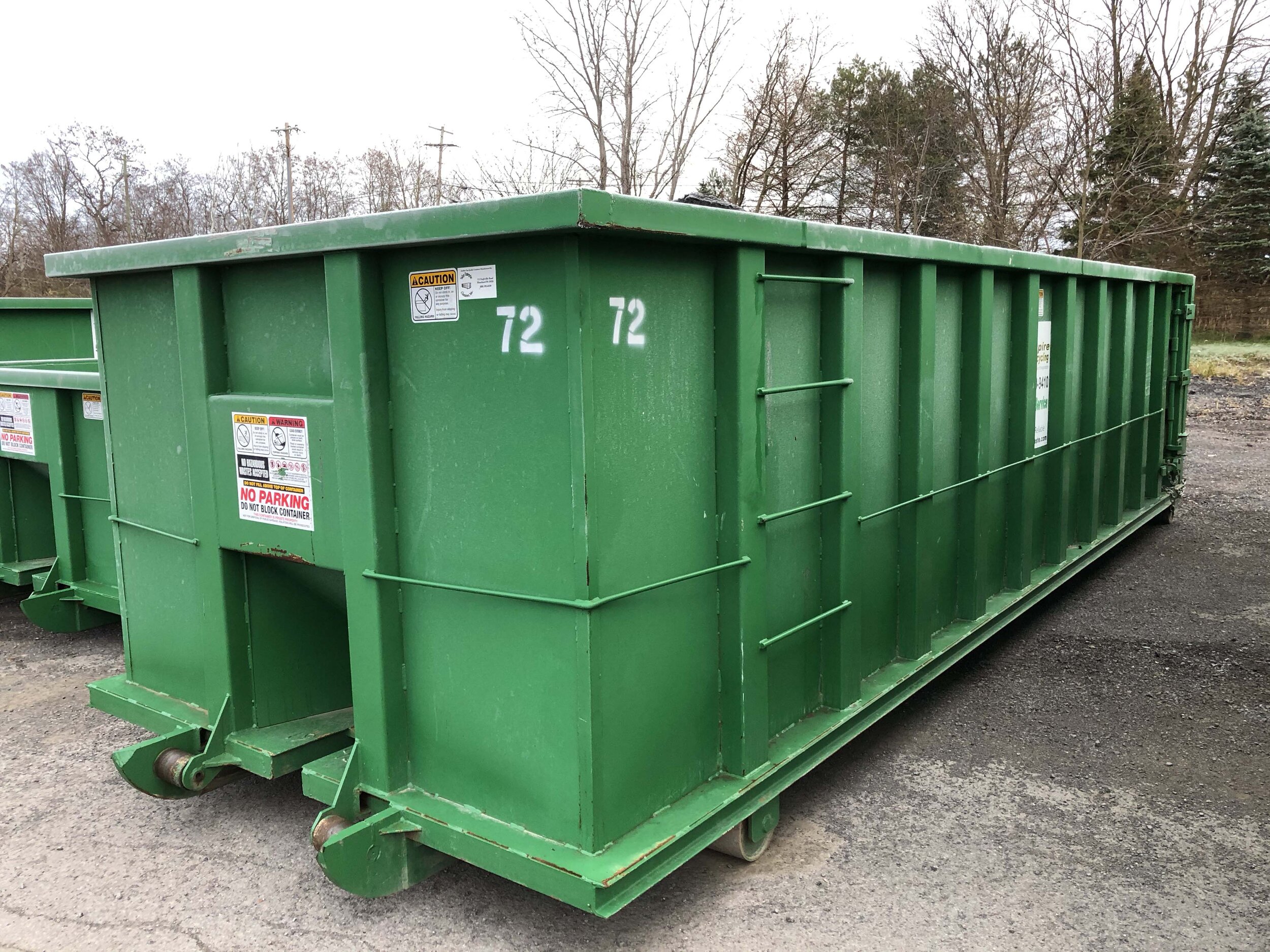Did you know that every year, the United States generates over 260 million tons of municipal solid waste? Managing this waste is a massive environmental challenge, and one key aspect of this challenge is dumpster rentals. In this blog post, we’ll explore the environmental impact of dumpster rentals, how they can contribute to sustainability, and what individuals and businesses can do to minimize their footprint.
Understanding Dumpster Rentals:
Dumpster rentals are a convenient solution for various industries, such as construction, renovation, and event management, when it comes to disposing of large volumes of waste. These rentals allow easy collection and disposal of waste on-site, but they also come with environmental challenges.
The Environmental Challenges:
Dumpster rentals may contribute to environmental problems if not managed properly. When waste ends up in landfills, it poses a significant environmental threat. Landfills emit harmful greenhouse gases and leach toxic chemicals into the soil and water, leading to pollution and climate change. The more waste that ends up in landfills, the greater the environmental damage.
Dumpster Rentals and Sustainability:
Fortunately, dumpster rental companies are increasingly aware of their environmental responsibilities. Many are adopting eco-friendly practices to reduce their impact. They provide recycling and composting options, encouraging clients to make responsible choices. Choosing a sustainable dumpster rental company can help minimize the environmental impact of your project.
Benefits of Recycling and Reuse:
Recycling and reusing materials play a pivotal role in reducing the environmental impact of dumpster rentals. Many of the items disposed of in dumpsters can be recycled, saving resources and energy. For example, construction waste like concrete, metals, and wood can be recycled and repurposed for future projects.
Minimizing Environmental Impact:
To minimize the environmental impact of dumpster rentals, it’s essential to adopt a proactive approach. Responsible waste sorting is crucial. Ensure that recyclables are separated from non-recyclables and hazardous materials. Technology can also help optimize waste management and minimize waste generation.
Case Studies:
Numerous organizations and communities have made substantial efforts to minimize the environmental impact of dumpster rentals. For instance, a construction company implemented a recycling program that reduced their landfill waste by 40%. Their success demonstrates that sustainable practices can be both environmentally and economically beneficial.
Government Regulations and Incentives:
Government regulations play a significant role in shaping waste management practices. They set standards for waste disposal, recycling, and landfill usage. In some cases, governments offer tax breaks or incentives to businesses that prioritize environmentally responsible practices.
Tips for Eco-Friendly Dumpster Rentals:
If you’re considering renting a dumpster, here are some tips to make your experience more eco-friendly:
- Choose a sustainable dumpster rental company.
- Separate recyclables and hazardous materials.
- Explore recycling and composting options.
- Use technology to optimize waste management.
- Stay informed about local waste management regulations.
Takeaway
Dumpster rentals are an essential part of many industries, but their environmental impact is a critical concern. By adopting sustainable practices, individuals and businesses can minimize their footprint and contribute to a healthier planet. Let’s remember that every responsible choice we make in waste management benefits the environment and future generations.

